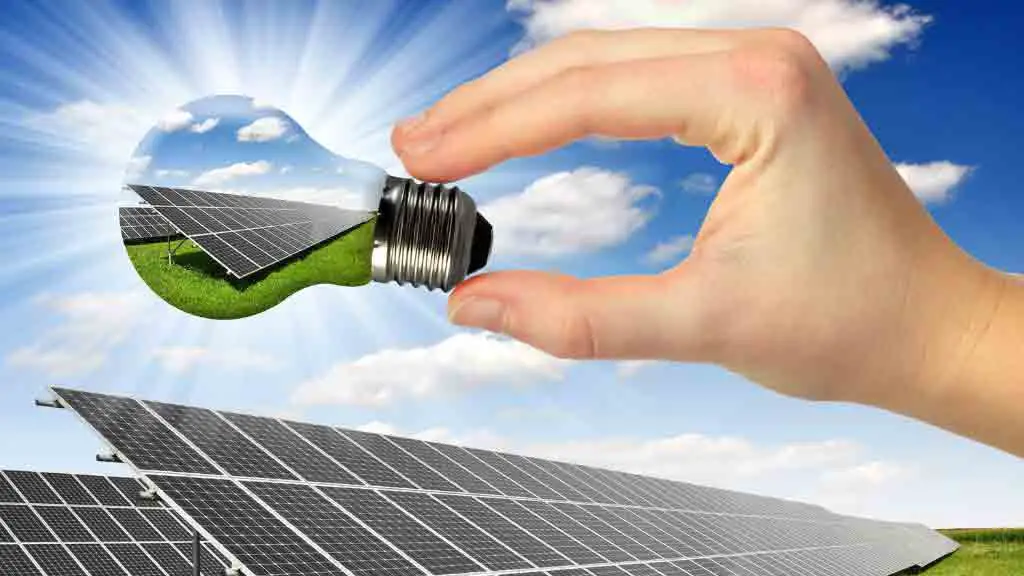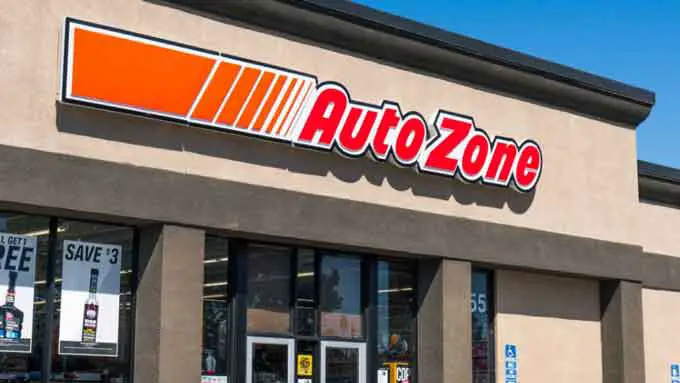Solar panels in sunny Texas certainly aren’t a bad idea. Taking advantage of the Sun is a no-brainer for most solar panel owners, and in Texas, it’s easy to justify the investment.
Before you install solar panels on your home, it’s important to understand a few things about how they work and how they can save you money. The solar panels are only one part of what makes a solar energy system work — the other parts are equally crucial for you to understand.
In this article, we shall discuss whether solar panels are worth it in Texas or not. Let’s dive right in.
Solar Panels in Texas
Since there is a lot of hype about switching to clean energy, solar panels in Texas are definitely helpful. Whether you are a homeowner OR a commercial consumer, you will definitely benefit from solar panels in Texas!
If you live in Texas, you know that the sun is a massive part of life here. And what better way to harness that power than with solar panels? Solar panel installation has increased in Texas over the last few years for a good reason. Not only are they environmentally friendly, but they can also save you money on your electric bill.
Remember a few things to remember if you consider getting solar panels in Texas. First, the state does have a lot of suns, but it’s also very hot. That means that your panels will need to be able to withstand high temperatures. Second, because of the heat, your panels will likely produce less power in the summer than in the winter. But don’t worry. There are still plenty of sunny days in Texas to offset that.
Overall, having solar panels in Texas is a great experience. Not only are you doing your part for the environment, but you’re also saving money. If you’re considering solar panel installation, Texas is definitely a great place to do it.
Solar panels are a great way to save money on energy bills, becoming increasingly popular in Texas. In fact, the state is now one of the country’s leading solar energy markets.
Though, there are a few things to keep in mind if you’re considering getting solar panels in Texas.
First, the state is known for its hot summers, so you’ll want to make sure your panels are installed in a way that maximizes their sun exposure.
Additionally, Texas has a lot of wind, so you’ll need to ensure your panels are securely attached to your roof.
Overall, solar panels are an excellent investment for any Texas homeowner. They’ll help you save money on your energy bill, and they’ll help protect the environment.

Can HOA restrict solar panels in Texas?
As you may know, the energy industry is booming in Texas. Solar paneling is a considerable part of that, as more and more people are looking to switch to renewable energy sources.
But what happens when your HOA tries to restrict solar panels in Texas? The good news is that HOAs are not allowed to ban solar panels in Texas completely.
However, they can put certain restrictions in place that make it challenging to install panels. For example, they might require that all panels be placed on the back of the house or that they all be the same color. Solar paneling is a great way to save money and help the environment, so if your HOA is trying to restrict it, be sure to stand up for your rights.
There is no statewide law in Texas that says whether or not an HOA can restrict solar panels, but there are some laws that give HOAs some authority to regulate them. For example, an HOA can’t prevent you from installing solar panels if they’re needed to meet a building code or if a utility company requires them.
However, an HOA can put reasonable restrictions on solar panels in Texas, such as where they can be installed and how big they can be.
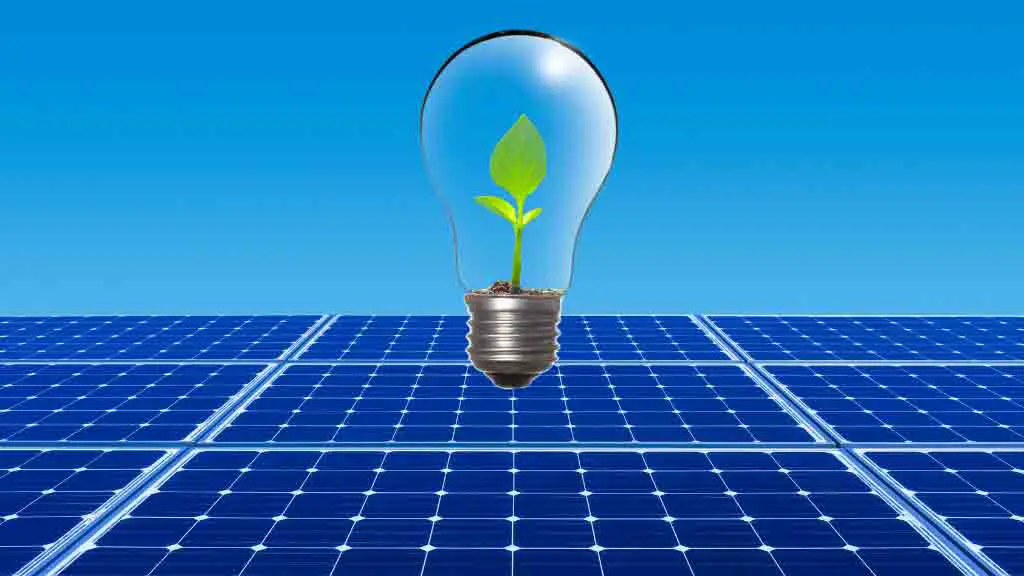
Cost of Solar Panels in Texas
Undoubtedly, the cost of anything is the major deciding factor of whether you should go for it or not. But, when it comes to solar panels in Texas, you’ll have to pour some money at initial stages. Invest some money on it and you’ll thank yourself later for the perks.
To give you an idea of the cost, we can make it the most easier for you by letting you know the cost per watt. You should expect to pay $2.5/W for the installation of solar panels in Texas.
Now, do some math.
With the cost of $2.5/W, your average expense of solar panel installation in 2022 for a 5kW system may be somewhere around $11,602 to $15,698. (With the average gross price for solar in Texas coming in at $13,650.)
If your account for the 26% Federal Investment Tax Credit (ITC) and other state and local solar incentives, your net solar cost can be reduced by thousands.
Are Solar Panels Worth It in Texas?
As we have discussed, the average cost of residential solar panels in Texas is about $11,432. Solar panels generally last about 25 to 30 years, so over the course of their lifespan, they will generate a significant amount of electricity. So, yes – solar panels are worth it in Texas!
They reduce pollution in the environment and ease your budget in the long run.
Solar panels are a great way to reduce your energy bills, and they’re becoming increasingly popular as the technology improves and costs continue to fall. In Texas, solar panels can save you an average of $65 to $100 per month on your electricity bill, and they have the potential to generate even more savings over time. Solar panels are also a great way to reduce your carbon footprint and help combat climate change.
And we talk about Texas, why wouldn’t it be worth it at a place where there is ample sunlight. According to the data of “Weather and Sunshine Facts,” Dallas, Texas receives a humongous 2850 hours of golden sunlight to enjoy the benefits. Apart from this, Solar panel system installation has some incentives in Texas too.
Hence, Texans have a high chance to harness the power of solar benefits and take the advantages of the incentives and exemptions associated with them.
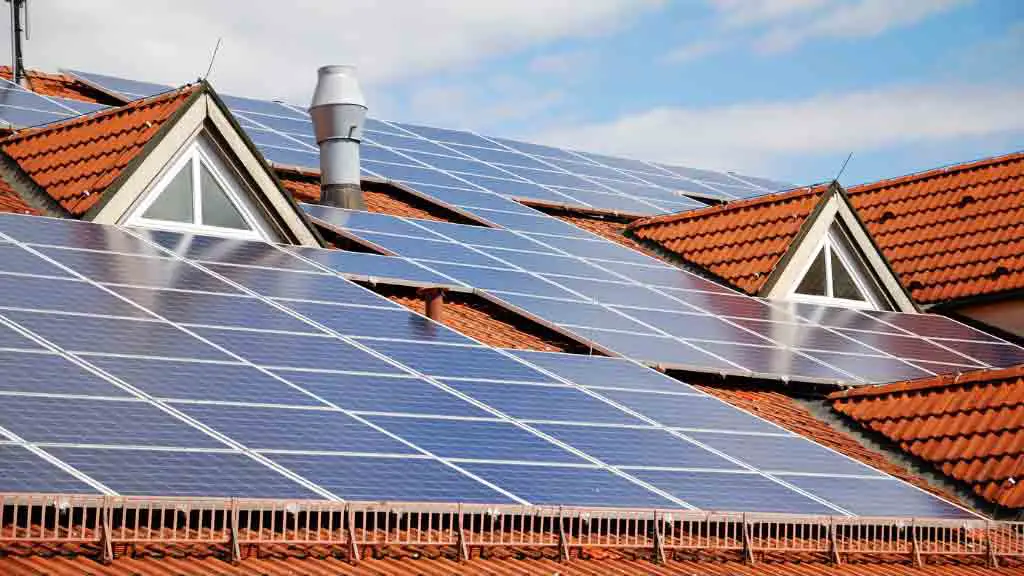
Solar Incentives in Texas
Before you switch to completely solar, you must know the solar incentives in Texas. Below we have prepared a quick breakdown of Texas’s solar incentives, rebates, and taxes. Have a look:
| INCENTIVE | VALUE |
| Federal Solar Investment Tax Credit | 26% Federal solar tax on any solar system purchased for domestic use will be installed by December 31st, 2022. |
| TXU Energy Home Solar Buyback Plan | Buyback bill credits for every excess energy your solar panel creates |
| Solar Energy System Property Tax Exemption | You get property tax exemption on the added home value from the installed solar panels.’ |
| Local Utility Company Solar Rebates | After installing the system, you get a rebate to reduce the solar panels’ upfront cost. |
Want to Figure Out if Solar Panels are Worth It in Texas? Let’s Do It!
Before you finally switch your electrical consumption to solar, you must be willing to know that being a Texan is worth investing huge bucks, right? Below are a few things that you could do to determine if they are a right fit for you or not:
Where is your home located?
Solar panels are an energy-producing technology. Since solar panels are an energy source, they need to be able to absorb energy from the sun to produce electricity. In Texas, the sun is powerful during the summer months. The sunlight your home receives and how often your solar panel can absorb it will depend on where you live in Texas.
Can you afford solar panels?
When it comes to getting solar panels installed on your home, there are a lot of upfront costs that will vary depending on the size and location. On average solar panels will cost $16,000 for a 5kW system, but some installers charge as much as $21,000.
How Big is Your Home?
It’s probably not a surprise that the more area your home has, the more space you have for solar panels. The more panels you can fit on your roof, the more energy you can create. The caveat is that if you don’t have enough roof space or want to maximize your solar investment, you might still want to install panels on the ground near your house.
Determine Your Peak Load
Your peak load refers to the highest amount of energy you use in a given period, typically during hours of peak natural lighting. Solar panels might be a good option for you if you have high peak loads. Texas is one of the sunniest and hottest states in the country, which means if your peak load is high, solar power might be a way to offset your energy needs.
Related article: how to Be More Eco-Friendly in 150 Easy Ways
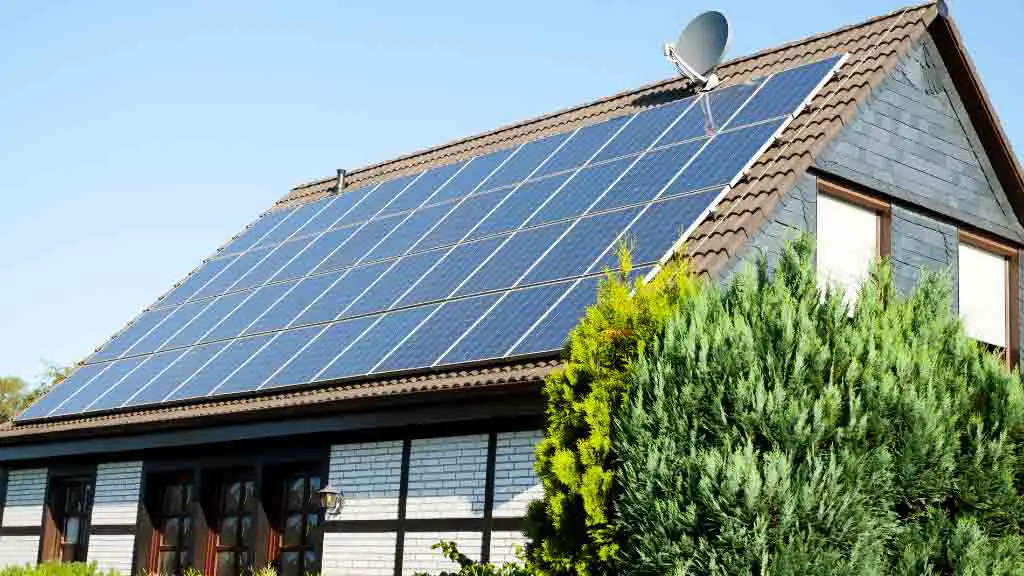
Benefits of Solar Panels in Texas
If you’re considering solar power for your residence, you’ll be glad to know that the number of solar panel installations is increasing yearly. Because the benefits of solar panels in Texas are worth investing in. If you have not switched your home system to solar yet in Texas now is the time to make the move. Here’s why:
Greater Efficiency:
The average family uses about a kilowatt of electricity daily, and solar panels are capable of helping you power your home entirely on the free energy from the sun. The free solar energy you save will make your electric bill much lower.
Financial Savings:
Historically, when you purchase solar panels, you’ll be able to save your home or business a great deal of money. Solar power is a very affordable option with no adverse effects on your budget. Not only are you saving money, but you are positively impacting the environment. Plus, you’ll be more prepared for unforeseen expenses in your household.
Top Solar Facts & Figures:
There are plenty of benefits associated with using solar power, and thousands upon thousands of homeowners have taken the leap to install solar panels on their homes in response to these benefits. Here are some of the most prominent figures and facts regarding solar power in Texas. Solar Electric Generators: How Do They Work? All solar panels are made up of tiny cells interconnected to form a single unit.
Renewable Energy:
There are many reasons to go solar, including financial benefits and reducing your carbon footprint. Solar energy is a clean source of energy that helps fight global warming and reduces air and water pollution. Going solar is a great way to make a difference if you care about the environment.
Solar energy is a renewable resource that does not produce air or water pollution, and it can help fight global warming by reducing greenhouse gas emissions.
Solar power is a great way to help the environment and fight climate change.
It Sets You Free from Any Location Boundaries:
As long as the sun shines, solar energy can be harnessed anywhere. This is especially useful for remote regions with no other electricity source. Millions of people worldwide lack access to electricity, but independent solar systems could change that. Imagine the difference it would make in their lives.
This makes it an ideal solution for rural areas and other parts of the world where access to traditional electricity sources is limited or nonexistent.
Independent solar systems could be deployed in those regions and improve the lives of millions of people. With solar energy, families would have access to light and reliable power for cooking, heating, and charging devices.
Opens Doors to Job Creation:
Solar energy is not just good for the environment – it can also be great for the economy, creating new jobs. A large part of the solar system cost comes from installing panels. This, in turn, creates jobs for local workers.
Related article: Why Solar Energy Is Important

Top Things You Can Look Out For When Considering Solar in Texas
The average homeowner considering a solar panel installation can complete the installation for about $20,000. While tax credits and local incentives can reduce your costs and the amount of time it takes to pay off the loan, some people have a problem paying for a solar panel installation with cash.
If you’re considering solar for your energy consumption needs in Texas, you’ll want to look into the following:
Expenses:
This is an essential factor to consider. Make sure you know what it will cost you in total dollars, then break down each of those costs. It’s also important to know exactly how much of the cost is due to tax credits, rebates, or other incentives. You should budget and plan your expenses. If you’re unsure what kind of system would work best for you, consult a professional who can help you find the right one for your needs.
Payback:
If you’re going solar because you think it will save money over time, consider how long it will take before your savings materialize. You may want to consider any additional costs involved with installing a system (like installation fees).
How long do you think it’ll take for your family to pay off the costs associated with installing a solar energy system? There is no one-size-fits-all answer here. Each family’s situation is unique and will depend on how much energy they use in addition to other factors like:
- Their income level
- How much time do they spend commuting or saving money on electricity bills each month from other sources like utilities?
Taxes and policies:
Do you know how many tax credits are available for going solar? What rules govern whether your home qualifies? What changes have been made recently in terms of incentives? Be aware of any potential tax implications that could impact your decision to go solar and any ongoing incentives offered by the state government and local utilities around the country.
You’ll also want to ensure that any potential tax credits or rebates are included in any estimates given by a company offering solar systems for sale.
Pending policies and changes:
Does the current set of incentives still apply if your home has already been built? Is there anything new coming down the pipe that could change things?
Consider all possible financing options available to you before making a final decision on whether or not going solar is suitable for your family’s needs at this time (and be sure to check with an independent financial advisor if necessary!).
How Long Do Solar Panels Last in Texas?
The benefits of solar panels are often underestimated. Not only do they provide clean energy, but they also have a lifespan of around 40 years. This means that your solar panel system could last for decades with proper installation and maintenance.
Solar panels are an excellent investment for your home. Not only will they save you money on your energy bills, but they will also increase the value of your home. Wells Solar offers a 25-year warranty on residential solar panel installations in Texas, so you can be sure that your investment will pay off for years.
What’s the Climate for Solar in Texas?
The climate in Texas is perfect for solar panels! The Lone Star State is one of the sunniest in the country, with an average of 234 days of sunshine per year. That means more solar panels can generate more electricity, making Texas a great place to go solar.
Solar panels also perform well in hot temperatures, which is another plus for Texas. Solar panels get more efficient as the temperature goes up. So if you’re considering solar panel installation in Texas, you can rest assured that your panels will perform at their best.
Related article: climate change what everyone needs to know
Final Words:
Looking to save on your energy bills and do your part for the environment and have been wondering, “Are solar panels worth it in Texas?”
Now you finally know the answer – which is a BIG yes!
Solar power may be an excellent option for you! Texas is one of the leading states for solar installations, according to the Solar Energy Industries Association (SEIA). However, not every home is a good candidate for solar conversion. Consider your monthly energy consumption and utility bills to see if your home would benefit from solar.
Texas is a great state to do it in if you’re looking to convert your home to solar power. Don’t wait any further. Just go for it!

